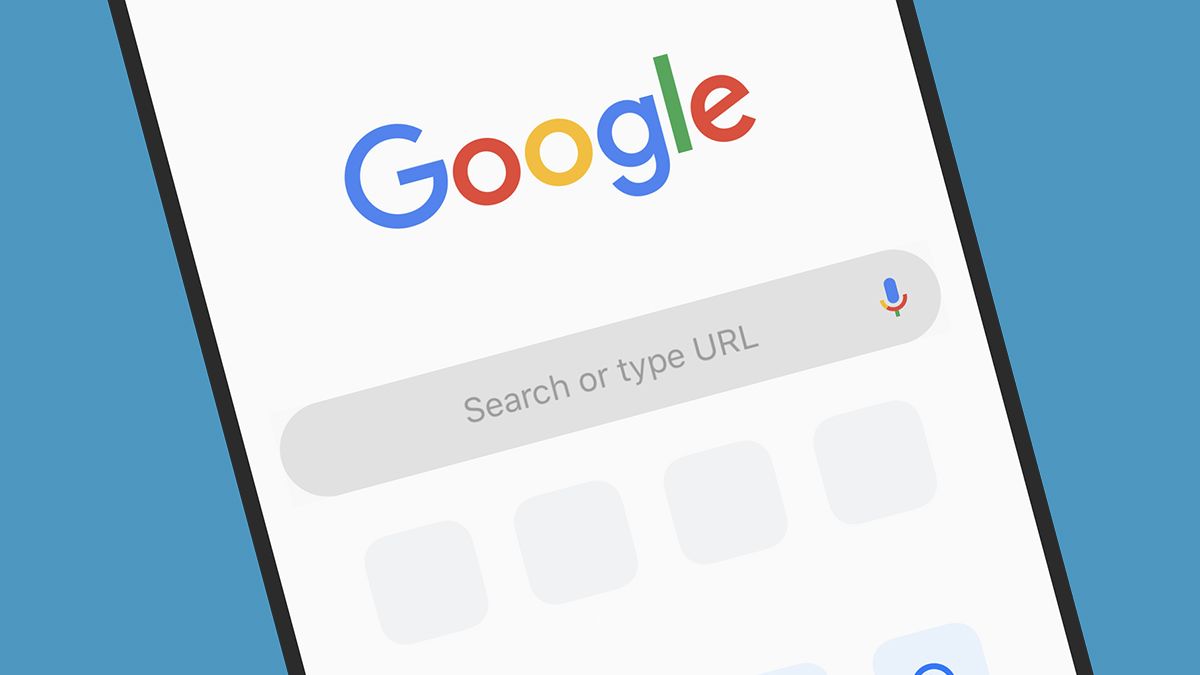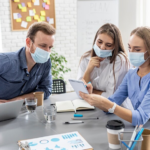
We know that Microsoft has been busy pushing AI capabilities into Bing, which seems to have caught Google a little off guard. Google undoubtedly has big AI and search plans of its own, a good chunk of which just leaked out.
report from wall street journal (opens in a new tab) (pass android police (opens in a new tab)) outlined how Google plans to add its own artificial intelligence chatbot to web search, much like Microsoft has done. It also wants to make search more “personal” and diverse, embedding short videos and social media posts alongside the standard list of links.
That’s based on internal documents leaked from within Google, which also talk about making search more “visual,” “snacky,” and “human” — so you can use those buzzwords all you want. Most of these changes should arrive this year.
Maggie is here
The conversational AI bot — matching the ChatGPT-powered bot in Bing — is apparently called Magi. It’s the same thing we heard in a New York Times article last month, and development on it has apparently accelerated in recent weeks.
This part of Google’s search revamp will likely debut at Google IO 2023, with key announcements due on Wednesday, May 10. While Google has launched the Bard chatbot, it has yet to integrate it into other products.
The idea is to help users find results and answers they wouldn’t find through today’s Google search interface. Get ready to hear a lot more about artificial intelligence and Google’s new approach to search in the coming months.
Analysis: The way we search is changing
When Google launched in 1998, it changed the way people searched the web. It’s hard to believe now, but in the early days of the internet, directories of websites by topic and category were the most common way to surf the web.
Automated crawling bots mean Google can index the entire web without human help, and now the next generation of artificial intelligence is arriving that can answer questions in natural language, provide more detail and nuance, simplify complex topics, and more ( As we have already seen from Bing AI).
According to this new report, Google hopes to sideline website owners by providing attribution in search results — if users can get answers from chatbots without having to click a link, it sparks debate about how new content can be generated question. Feeding the AI will be written and paid for.
It’s hard to predict exactly how this new wave of AI innovation will play out, but it looks like we’re ditching the old way of searching the web — and that will mean consumers, search engines, and publishers alike.





